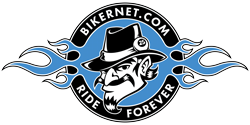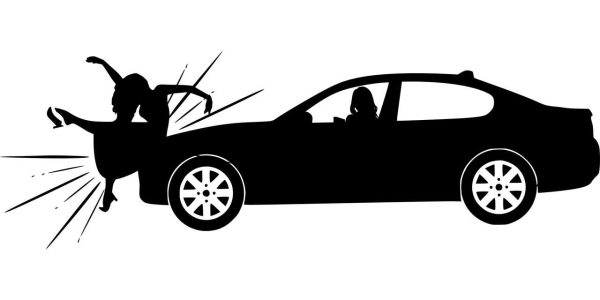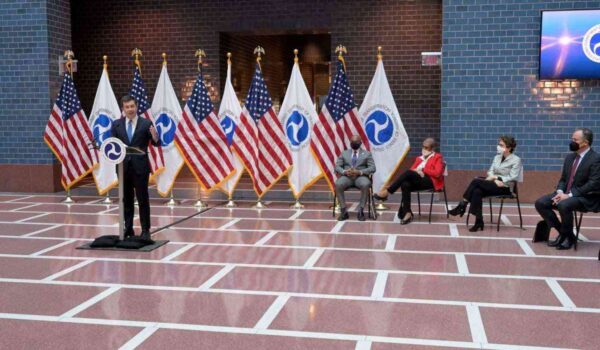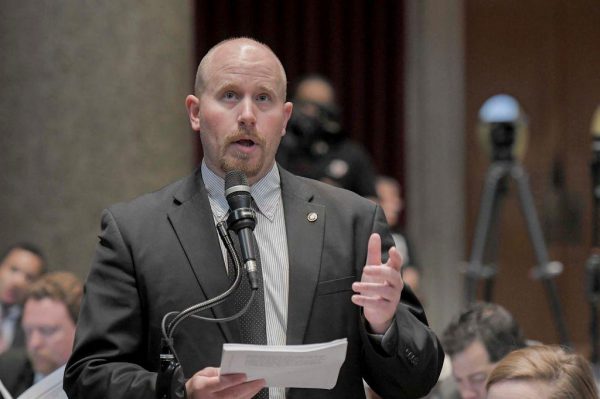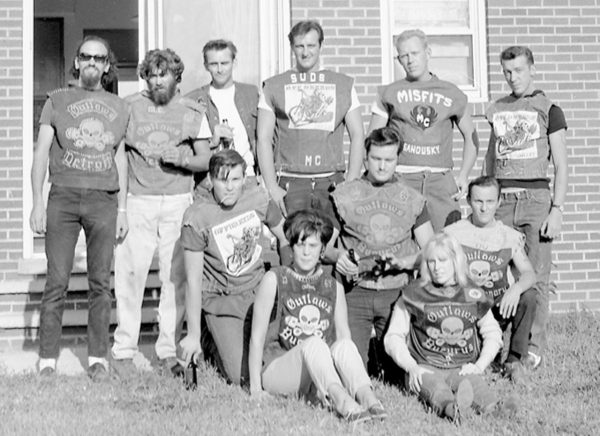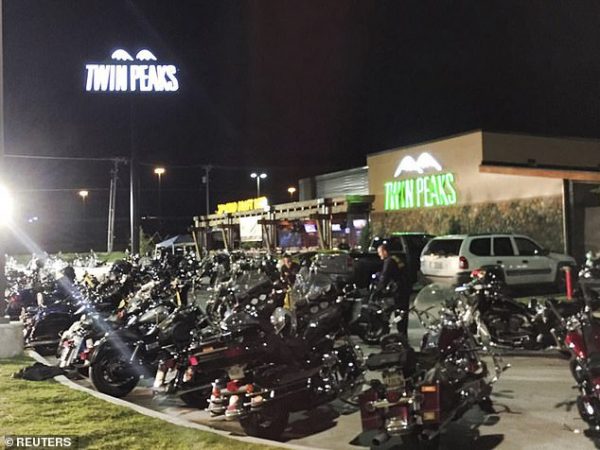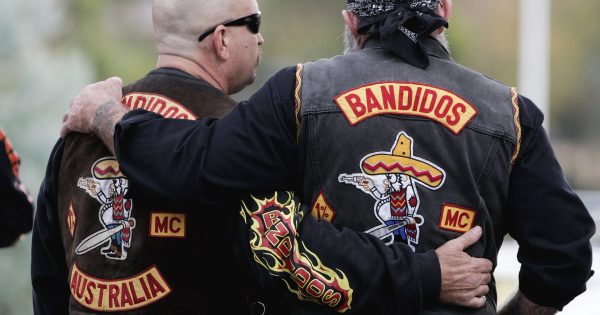Mobile Application For Road Safety Enforcement
Known as the Public Eye Enforcement Programme (PEEP), the mobile application will empower anyone with a smart phone to record road traffic violations and forward to the Authority for the prosecution of offenders. by ghanamma from https://www.ghanamma.com/ NRSA To Introduce Mobile Application For Road Safety Enforcement The National Road Safety Authority (NRSA) is developing a mobile application to improve road safety across the country. Known as the Public Eye Enforcement Programme (PEEP), the mobile application will empower anyone with a smart phone to record road traffic violations and forward to the Authority for the prosecution of offenders. The Board Chairman of the NRSA, Jeremaine Nkrumah, made this known when he led a team of officials from the Authority to commend the Greater Accra Regional Minister, Henry Quartey, for his leadership and determination in championing road safety in the region. Their visit was also to recognise the minister for his productive collaboration with stakeholders in managing the operations of motorcycles and tricycles on major roads as well as bringing some sanity to the Madina Zongo Junction within the La Nkwatanang Madina Municipality. A citation was presented to the Regional Minister. PEEP mobile application Touching on the mobile application, Mr Nkrumah said it would be piloted in the Greater Accra, Eastern and the Ashanti regions immediately after the new legislative Instrument, drafted by the Authority is approved by Parliament. “We are currently developing a website and mobile application and we are going to take advantage of the constitution aspect of citizens’ arrests and empower anybody who owns a mobile device to be able to record,” Mr Nkrumah noted. He added that the sender of a video which led to prosecution would be rewarded. “If a person sends in a video and the video leads to prosecution, the mobile number of the sender […]
Mobile Application For Road Safety Enforcement Read More »
